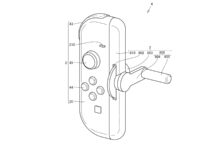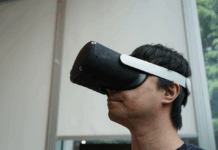DJI‘s obstacle avoidance system can be just as useful on the ground as it is in the air. DJI, known for its dominance in the drone market, has entered the world of smart homes with a series of robot vacuum cleaners called ROMO. In addition to drones, stabilizers, and action cameras, the Chinese company has previously expanded into other product categories, including portable power stations and electric bicycles.
For those wondering why DJI decided to start manufacturing robot vacuum cleaners, it is worth mentioning the “omnidirectional obstacle avoidance” technology used in the company’s drones. The same system that helps DJI drones avoid collisions while shooting cinematic footage can be easily transferred to a robot vacuum cleaner that can move around the house without hitting furniture. In addition to a millimeter-accurate obstacle detection system, DJI has equipped its ROMO models with two flexible cleaning arms, extremely powerful 25,000 Pa suction, and a base station to which the vacuum cleaner automatically connects and cleans itself.
To make it more efficient, DJI has equipped ROMO with machine learning algorithms that help the vacuum cleaner determine the best route for cleaning. The built-in intelligent system can even detect particularly dirty areas and spend more time on them. To reduce noise levels, ROMO uses a noise cancellation system during cleaning, and it can be controlled hands-free using voice commands.
DJI offers ROMO in three models: the base model ROMO S, which starts at $650; the mid-range model ROMO A with a transparent vacuum design, which costs around $750; and the top-of-the-line model ROMO P, which has both a transparent vacuum and a base station, priced at no less than $950. DJI is initially releasing ROMO in China, but says it will go on sale in other countries later this year. Although robot vacuum cleaners do not pose as great a security risk as drones, DJI is currently trying to figure out how to avoid a ban in the US when the National Defense Authorization Act takes effect at the end of this year. If DJI does not pass an audit and obtain approval from one of the US national security agencies by then, any new DJI drones will be banned from import or sale in the US.









